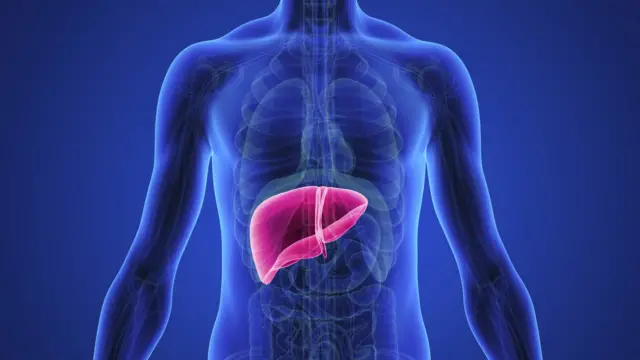Alcoholic beverages usually accompany us in meetings between friends, dinners or parties. In fact, they are the most popular drinks for moments of recreation and fun.
Ethanol, also known as alcohol, is its main component. When this is ingested, approximately 20% is absorbed by the stomach and the remaining percentage, 80%, by the small intestine.
The liver is the body responsible for eliminating that alcohol from the body. However, an excessive consumption of alcoholic beverages may exceed the capacity of the liver, generating negative effects on health, such as liver cirrhosis.

When taking a drink, do you know how many calories you are consuming? To illustrate, 1 milliliter (ml) of alcohol contains 7 calories, which in their totality are empty, that is to say, that they do not contribute any essential nutrient to the organism.
Next, let’s show the calories provided by some of the most popular beverages:
-1 glass of wine (150 ml.): 100-125 calories
-1 Mojito cocktail (180 ml.): 143 calories
-1 can of beer (355 ml.): 150-180 calories
-1 cup of Margarita (240 ml.): 300-400 calories
-1 cup of Piña Colada (270 ml.): 400-500 calories
Most cocktails or drinks use sugary drinks to enhance their flavor. Remember that the World Health Organization (WHO) recommends that the consumption of added sugar represents less than 10% of daily calories. In adults, with a 2,000-calorie diet, the allowance is 50 grams of sugar, which is equivalent to 10 teaspoons.
In general, it is better to avoid drinking alcohol, but if you want an alcoholic beverage, red wine is your best option. It contains antioxidants that help reduce the damage of free radicals in the body, helping to prevent some diseases. Remember to limit your daily consumption to 1 cup for women and 2 glasses for men.
Finally, enjoy in moderation. If you take any medication, check with your doctor first. Cheers!

